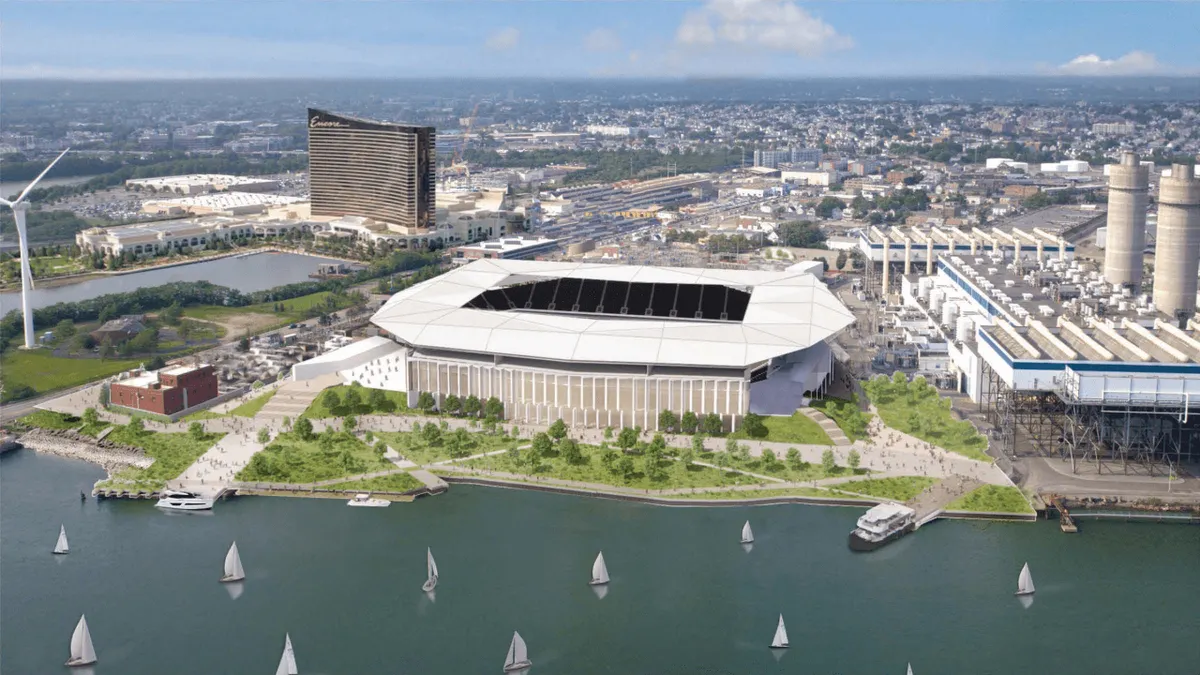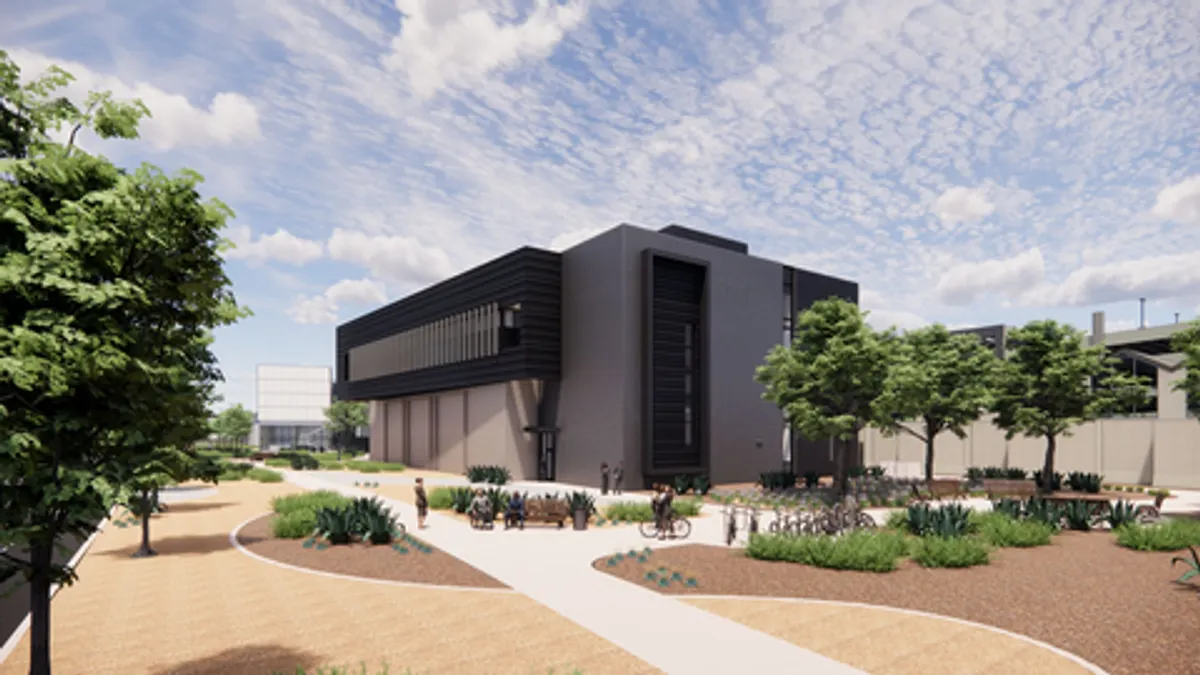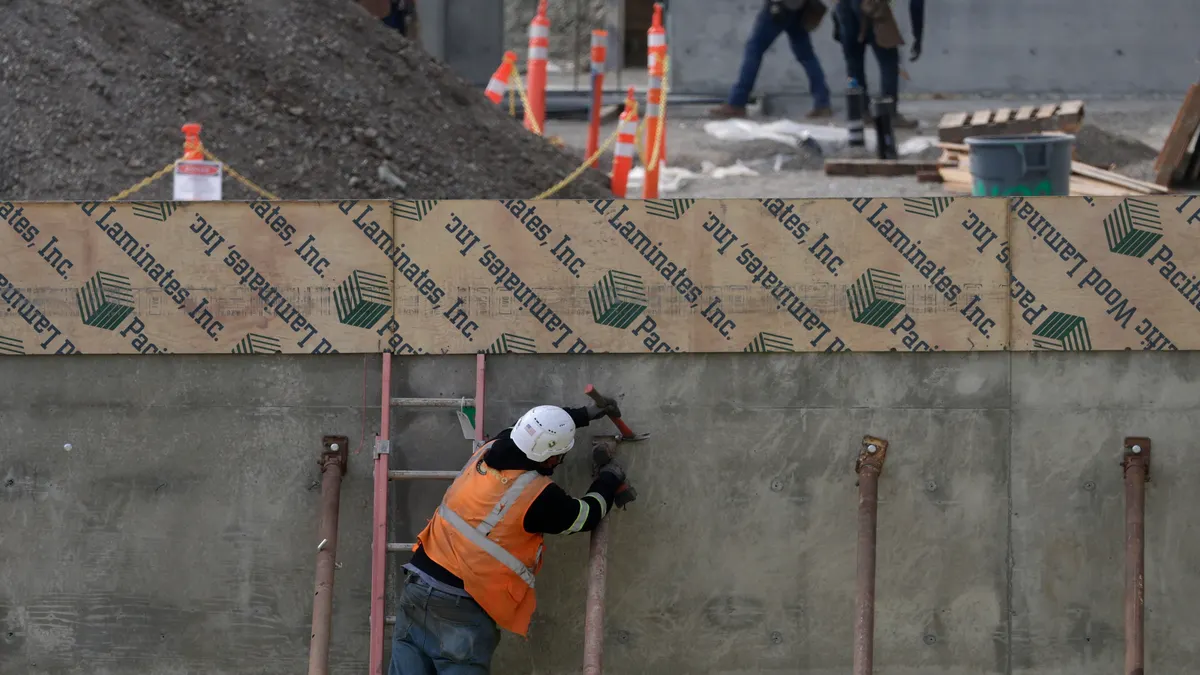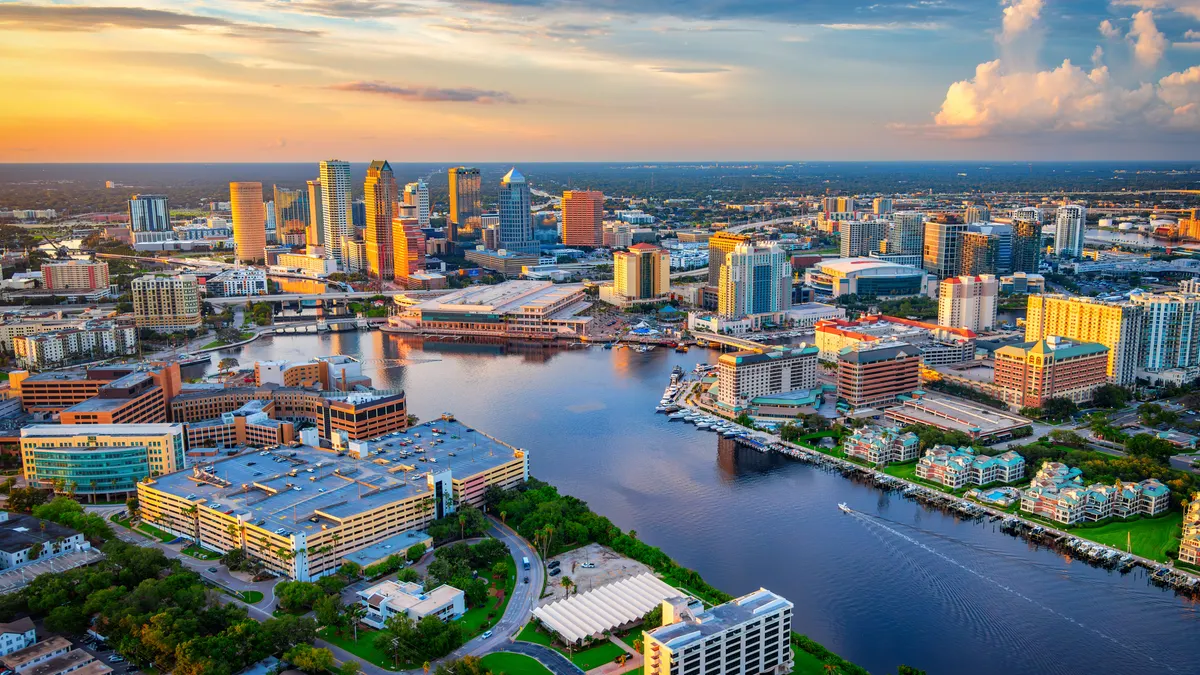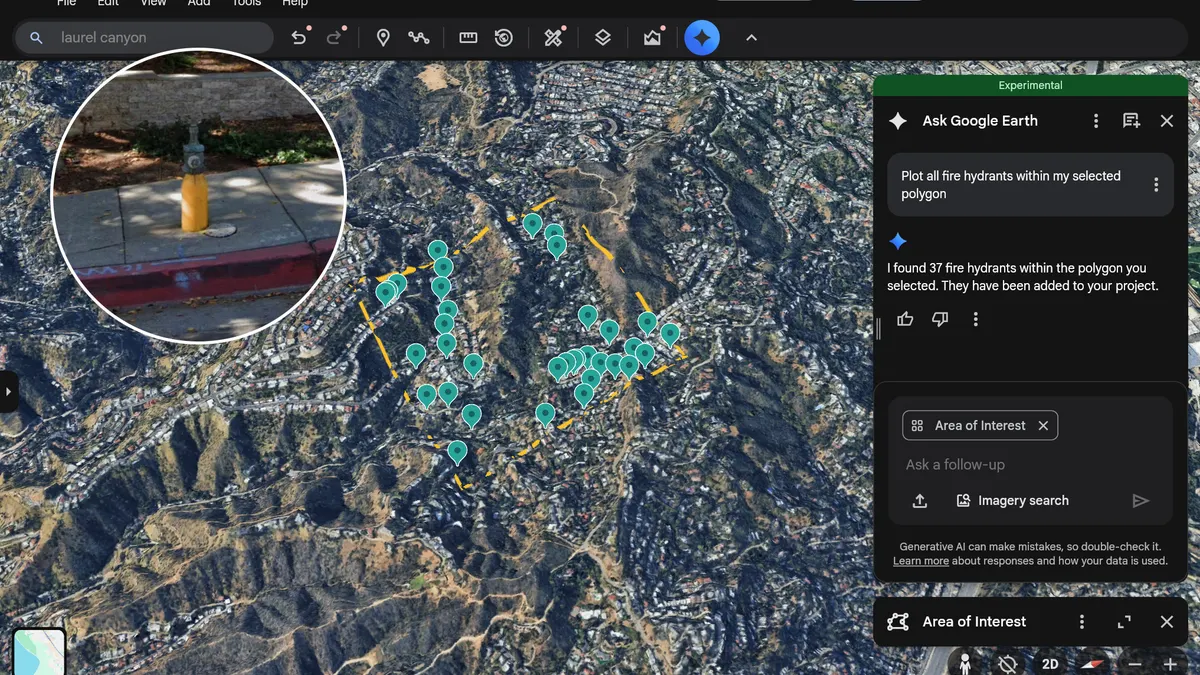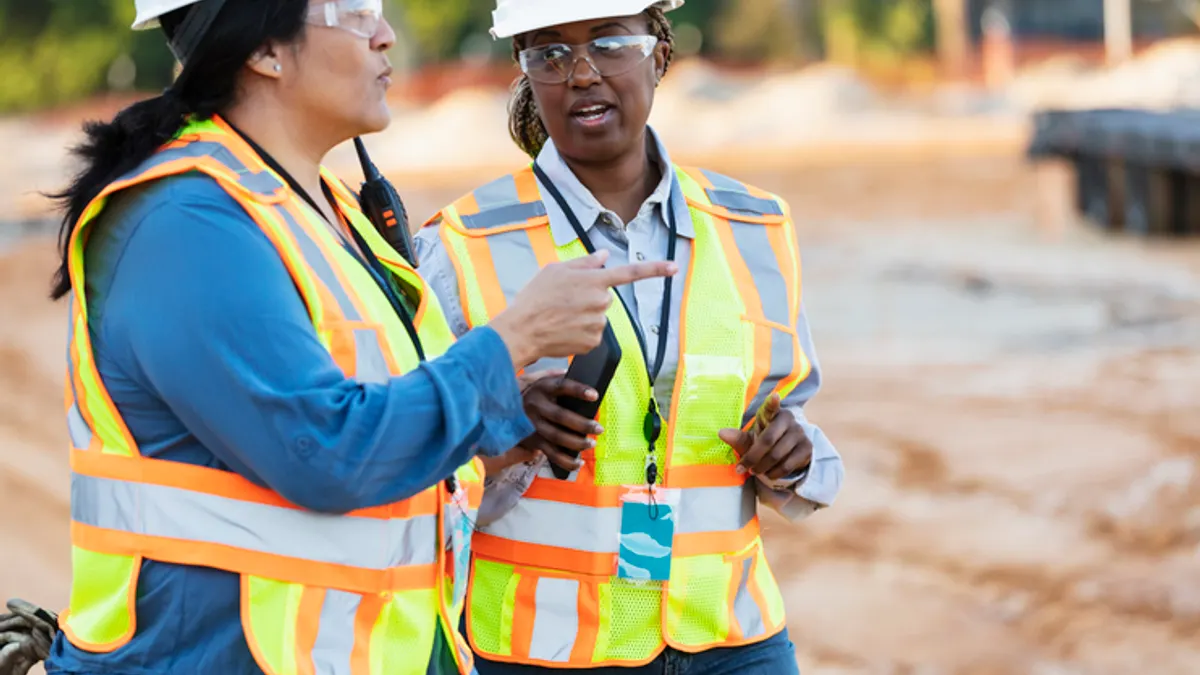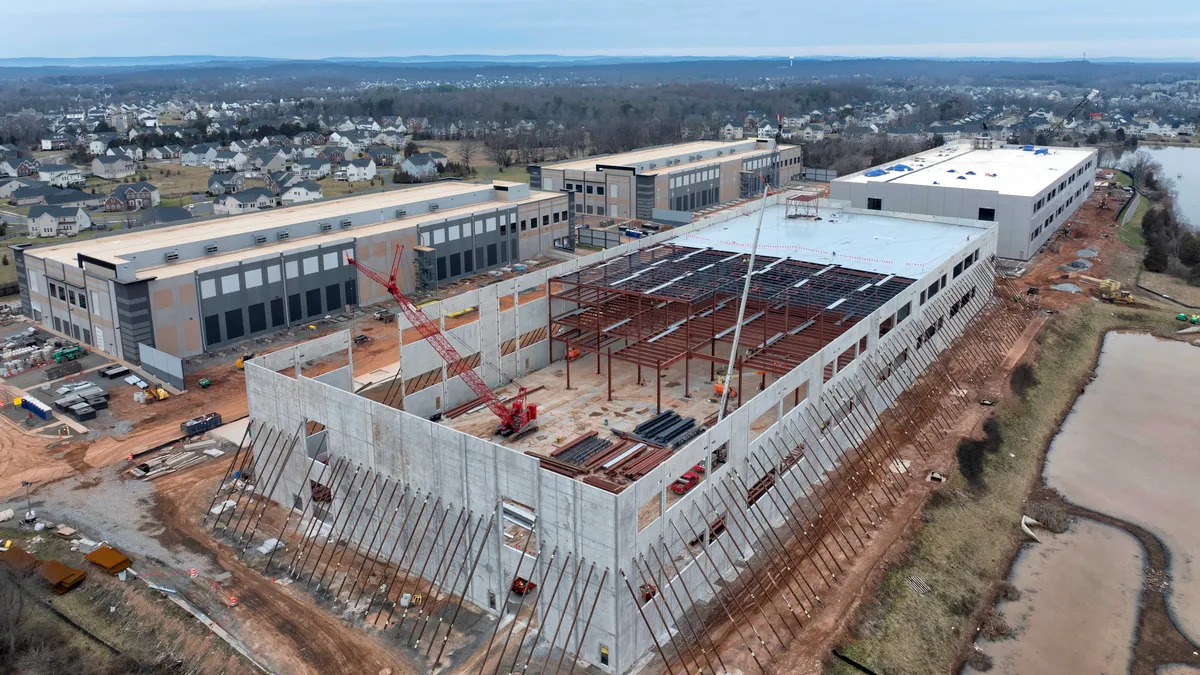Amazon has just narrowed its list of potential cities for a new headquarters from 238 to 20. With the promise of 50,000 jobs and untold tax revenue, cities around the country (and in Canada) are vying for selection in what promises to be an all-out tax-incentive war. The $5 billion HQ2 campus will be approximately the same size as the company’s Seattle headquarters, it says, at 8.1 million square feet of space.
Amazon is the largest private employer in Seattle and has had a significant impact on employment in more than just technology. It’s estimated that the city has added almost 100,000 jobs since 2000, with about one-third in tech. With almost a quarter of a million tech jobs in the state, 90% are on or near Amazon’s campus. Seattle is now the second highest paying city in the tech market. But the jobs don’t stop at tech.
With the volume of employment Amazon adds to the community, comes an influx of demand for housing, schools, hospitals, infrastructure and more. And with that, comes demand for more workers. The initial focus for HQ2 will be on construction employment, followed by the 50,000 Amazon jobs the new location will bring. The ripple effect won't be known for years.
Wherever HQ2 lands, the local economy is poised for a boon. But for local employers, it may mean stiff competition when it comes to recruiting and retaining employees.
Good news and bad news
There's like to be both good news and bad news, Moritz Kothe, CEO of kununu told HR Dive. “In the short term,” he says, “it’s going to be great for employees and net negative for other companies trying to hire in that space. Long term, the talent pool will be bigger and more mature so it should be better for companies too.”
Researchers believe companies like Amazon create a “clustering effect.” The more workers the company attracts, the more jobs they create in the area. Some estimates say each new high-tech job in an area can create up to five more. And beyond this, other occupations, like those in the service industry, will pop up along the path of corporate development.
Battling Goliath
Amazon’s HQ2 will almost certainly shake local job market dynamics in its new city, Natalia Panowicz, chief operating officer at Codility, told HR Dive.
She believes the company will both attract newcomers to the area and poach from existing employers. The competition to hire will be fierce. For employers to compete, she says, differentiation will be key; “Amazon’s HQ2 arrival might pressure incumbents to rethink and readjust what makes them good places to work for and what makes them different.”
Competing with Amazon wages may be an uphill challenge for many employers.
“If Amazon decides to pay above the local job market, other employers will need to react to stay competitive," Panowicz said. "But fair and competitive compensation is only one of the factors that employees take into account when making job choices.”
She recommends employers focus on a strong, positive company culture that extends throughout the recruitment process. It may be more important than ever for the host city’s current employers to up their brand identity in the market to attract top talent away from the behemoth.
And if you just can't compete on salary or brand, you'll have to get creative, says Kothe. “Work/life balance provides an opportunity to win talent for the competition. Or people not wanting to work for a big company.” He believes Amazon will poach the best in the area rather than just hire the unemployed. To combat that, established employers should focus on the ways they can attract talent, all the while keeping an eye on retention as Amazon grows over time.
Ripple effect
More than the financial and tax incentives offered to Amazon, the availability of talent will factor into its choice, notes Kurt Heikkinen, president and CEO of Montage. If there’s not a good supply of quality talent in the area, Amazon will need to import it — which may weigh for or against the city choice. “In the short term,” he told HR Dive, “there will be pressure on the city to supply quality talent, especially if the selected city has a smaller employment base.” However, in the long-term, he predicts an overall net positive effect on recruitment.
Amazon's ability to attract talent will be crucial. If it imports employees, they’ll likely bring spouses with them, adding more potential employees. Heikkinen believes that can have an overall net positive effect; "If this happens, talent acquisition leaders at local companies will have the opportunity to recruit from a highly ambitious and educated crop of candidates who have relocated.”
When the dust has settled, Panowicz said she believes Amazon will rebrand the chosen city as a tech hub. “If HQ2 city becomes more attractive to engineers,” she says, “we should see a stronger ecosystem emerging within the next couple of years." And all this should be good news for tech recruitment.







